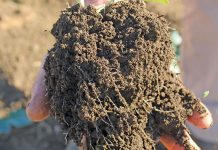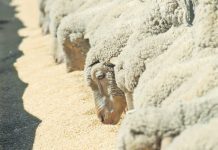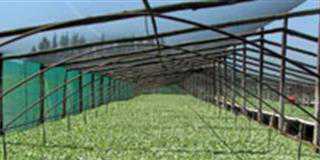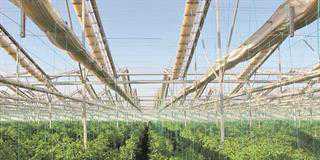“It takes a great deal of metabolic energy to fuel the systemic activated defense systems. If you supply superior nutrition the plant will be able to fight most of its own battles,” Williams said. If the farmer supplies the plant with superior nutrient conditions and “induces” systemic resistance, the result will be more nutritious and highly flavoured foods, quicker maturity, higher yields with less incidence of pest attack.
Active defense systems function much like the human immune system. Williams explained that it relies on an external cue that will prompt the release of biochemical responses. This response triggers hundreds of genes that stimulate the production of biochemicals that actively inhibit, deter or kill an invading pest.
Growth responses such as increased root and shoot development and earlier fruit development can be a valuable side benefit of induced systemic resistance. “This happens because the plant has been tricked into thinking it requires more energy to deal with a pest attack,” Williams said, adding that nutrient uptake and photosynthesis are increased. If there is no pest to deal with, the extra energy will go into growth.
Williams explained that by utilising a chemical to control a pest, the rich biological compound that the plant would have naturally synthesised to protect itself, would not be produced. Flavour, nutritional and medicinal properties will be reduced and biochemicals are replaced by potentially toxic, artificial chemicals. “You are in essence restricting the full expression of the plant’s potential,” he said, adding that when a crop is cultivated with chemicals it grows in a “chemical bubble” and its immune system is not turned on and working. This gives diseases an unfair advantage to attack the plant.













